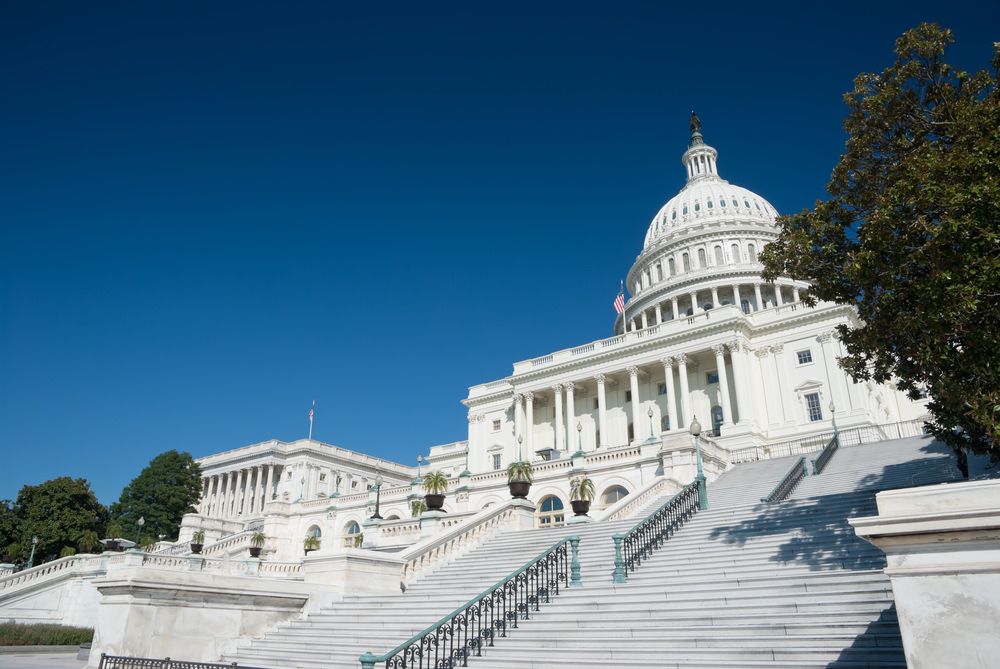
The Necessity of a Bipartisan Stablecoin Legislation
The new Guiding and Establishing National Innovation for U.S. Stablecoins (GENIUS) Act lays the groundwork for a new era of American exceptionalism, says Senator Kirsten Gillibrand, of New York.
For the past century, the U.S. has been the foremost economic superpower. This sustained economic strength is due to a regulatory environment that fosters technological innovation. Over the years, U.S. companies have been at the forefront of developing advanced technologies. However, in the realm of Web3—defined by blockchain, digital assets, and cryptocurrencies—the U.S. is lagging behind and risks falling further back.
In 2023, the European Union passed comprehensive cryptocurrency regulation, which many provisions came into effect this summer. Meanwhile, China is promoting its digital yuan, threatening the U.S. dollar’s status as the global reserve currency. While our competitors advance, the U.S. is merely watching.
To ensure a prosperous future for our country, it is crucial for the U.S. to establish clear cryptocurrency regulations that promote innovation, safeguard consumers, and preserve the U.S. dollar’s dominance.
Stablecoins are cryptocurrencies whose values are linked to national currencies or high-quality financial assets, thus providing them stability. They play a significant role in the digital economy, combining the transaction speed and cost-effectiveness of digital assets with the price stability of traditional reserve currencies. Reports indicate that over 95% of stablecoins are pegged to the U.S. dollar.
The bipartisan Guiding and Establishing National Innovation for U.S. Stablecoins (GENIUS) Act, which I introduced alongside Senators Bill Hagerty, Cynthia Lummis, and Tim Scott, aims to tackle challenges associated with stablecoins. This legislation ensure consumer protection by imposing strict reserve requirements, prohibits unbacked algorithmic stablecoins, and mandates compliance with anti-money laundering regulations for approved issuers.
As this bill progresses through Congress, it will undoubtedly evolve, but it has thus far received support from a diverse group of stakeholders, including industry experts and regulators.
Establishing a comprehensive regulatory structure is vital to maintain the U.S.’s leading position in the global economy. Now is the time to act to safeguard our economic competitiveness.


